The European Space Agency (ESA) has secured a record budget of €22.1 billion to fund its programmes for the next three years.
The announcement yesterday came as Europe seeks greater independence in space.
The ESA also approved a plan to bolster defence co-operation and laid out plans for scientific space missions at a ministerial council meeting in the German city of Bremen, AFP reported.
The new pledges demonstrate that space is an “economic sector that is growing very fast”, ESA director general Josef Aschbacher emphasised, according to Le Monde.
“It is also more and more important for security and defence and it is a domain where Europe has to catch up,” he added.
At the heart of the discussions in Bremen was the European Resilience from Space programme, which includes Earth observation, navigation and telecommunications.
The programme, with an estimated €1.35 billion budget, has both civilian and military applications.
“Defence is always a matter of national sovereignty,” said Aschbacher. “But pooling and sharing assets also has a European dimension.”
One example was increasing “the number of observations and satellite images for intelligence and surveillance purposes”, he said.
The agency’s 23 member states committed €5 billion more than 2022’s budget, with the total representing almost all of the €22.2 billion funding it sought.
“This has never happened before,” said Aschbacher.
The amount of funding “speaks volumes – it’s a sign of confidence in the agency,” he said.
Germany was the biggest contributor to the total budget with more than €5 billion, while France contributed €3.7 billion.
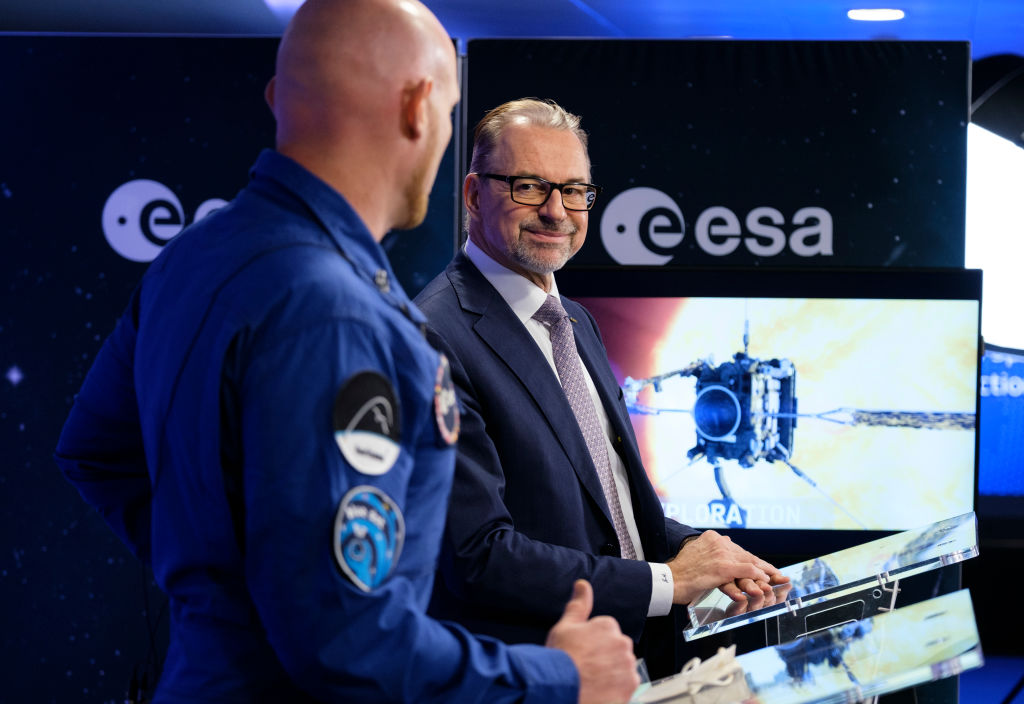
If the US and China continue building huge constellations of satellites and Europe does nothing, Aschbacher said he feared: “The same thing will happen as with Starlink – there will be a dominant US company threatening our European companies and our position.”
The industry has changed significantly in recent years as US billionaire Elon Musk’s SpaceX has risen to dominate space launches.
Europe lost an independent way to launch its missions into space after Russia pulled its rockets following Moscow’s invasion of Ukraine in 2022.
Also yesterday, in a blow to Russia’s space ambitions, its rocket launch site in Kazakhstan was damaged after a Soyuz mission took off with Russian cosmonauts and a US astronaut onboard, Moscow’s space agency Roscosmos said.
“Damage to a number of elements of the launch pad was identified,” Roscosmos said on social media, after inspecting the Baikonur cosmodrome – Russia’s only launch site for manned missions, according to AFP.
While the agency was assessing the condition of the launch pad, it said: “All necessary spare parts for repair are available and the damage will be eliminated in the near future.”
The Soyuz MS-28 spacecraft mission, carrying Roscosmos cosmonauts Sergey Kud-Sverchkov and Sergey Mikaev and NASA astronaut Chris Williams took off from the Baikonur cosmodrome at 4:27am (09.27 GMT) yesterday.
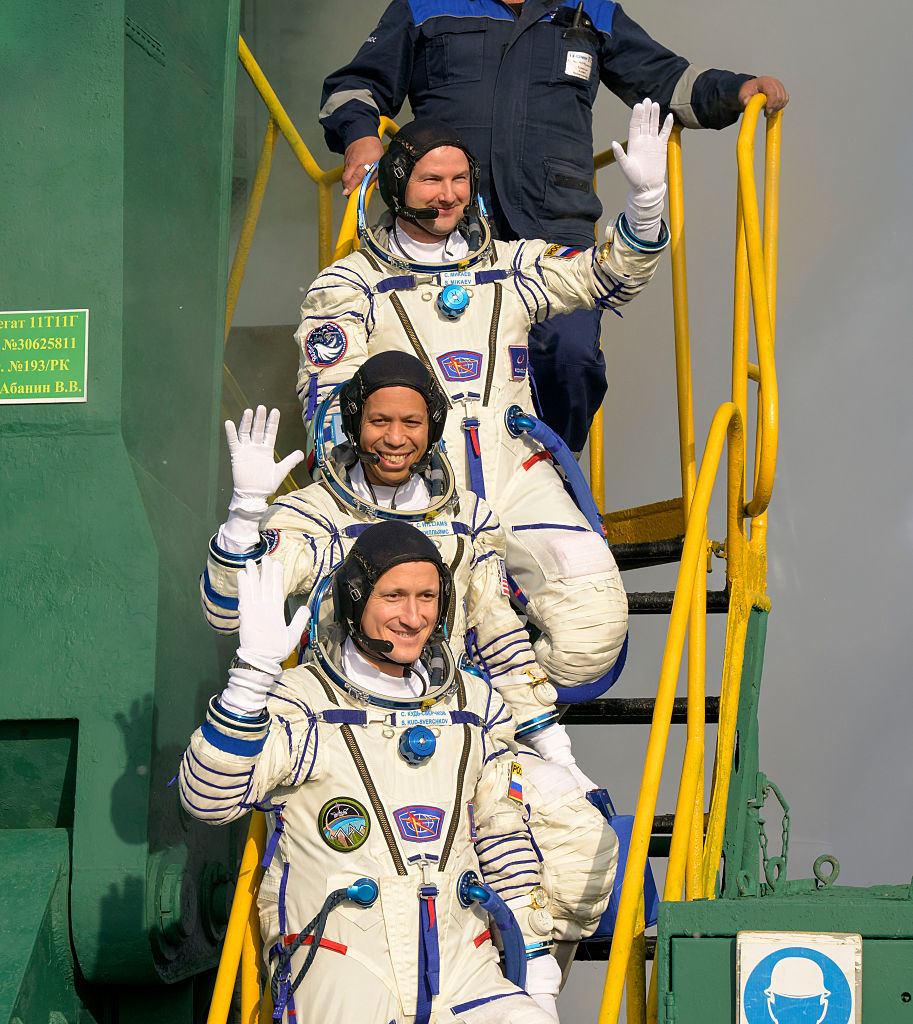
The spacecraft later the same day successfully docked to the International Space Station, according to Roscosmos.
Back in the EU, after repeated delays, Europe’s new heavy-lift Ariane 6 rocket finally blasted off last year. The rocket is not reusable, though, unlike Musk’s SpaceX’s Falcon 9 workhorse.
So the ESA is planning to contract out the job of developing the continent’s first reusable rocket, having named a shortlist of potential companies.
In Bremen, the European Launcher Challenge received more than €900 million in contributions – twice what had been proposed, Aschbacher said.
The funding boost for ESA comes as US space agency NASA faces stiff budget cuts under US President Donald Trump.
The ESA said a couple of days ago, though, that NASA had confirmed it would contribute to Europe’s Martian rover, the Rosalind Franklin.
The mission is scheduled to launch in 2028, aiming to drill into the surface of Mars looking for signs of extra-terrestrial life.
Among the scientific projects the ESA has proposed for the future – but have not yet been approved – is the first space-based laser observatory aiming to study gravitational waves, which are ripples in spacetime first predicted by Albert Einstein.
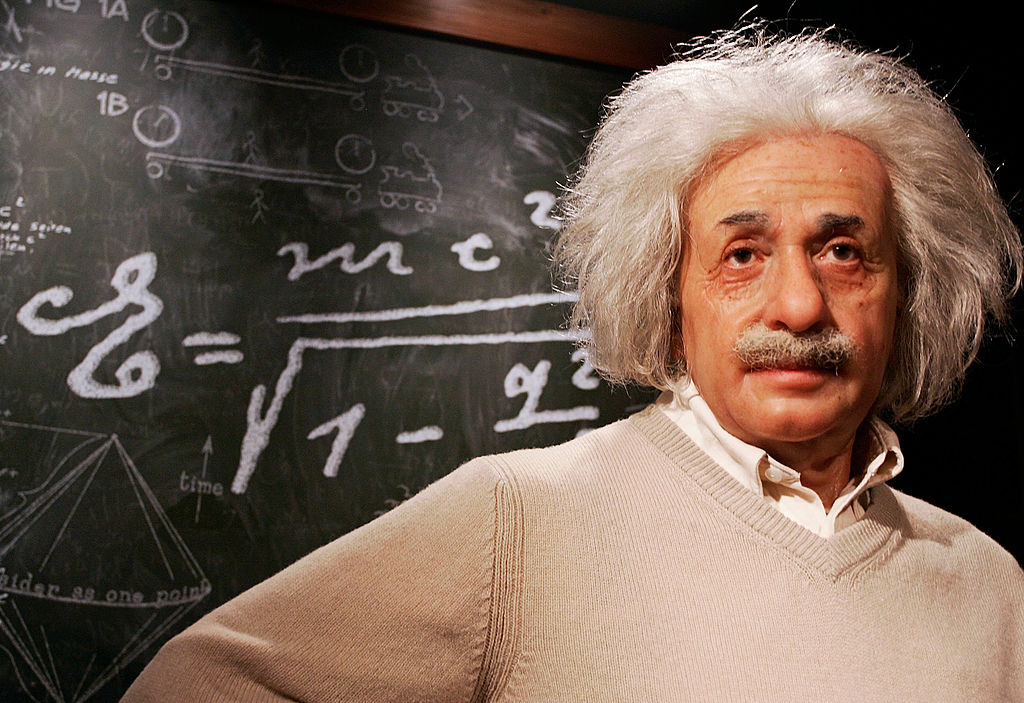
There is also a plan to send a spacecraft to Saturn’s moon Enceladus, which scientists suspect could have a liquid ocean under its icy shell that might be able to host life.
The ESA also has a joint proposal with Japan to send a spacecraft called Ramses to study the asteroid Apophis as it zings past Earth in 2029, hoping to learn more about how to fend off dangerous space rocks in the future.
Also yesterday, the ESA announced that the first European astronauts to participate in NASA’s Artemis programme – which aims to return humans to the Moon – will be from Germany, France and Italy.
“I can announce today that the first flight will be allocated to a German astronaut,” Aschbacher said.
The programme’s first crewed mission to the Moon – which will not set foot on its surface – is planned to launch in the first half of next year.
French astronaut Thomas Pesquet, one of his country’s leading candidates, said in Bremen that “it has never really been officially confirmed, so this is a positive”.
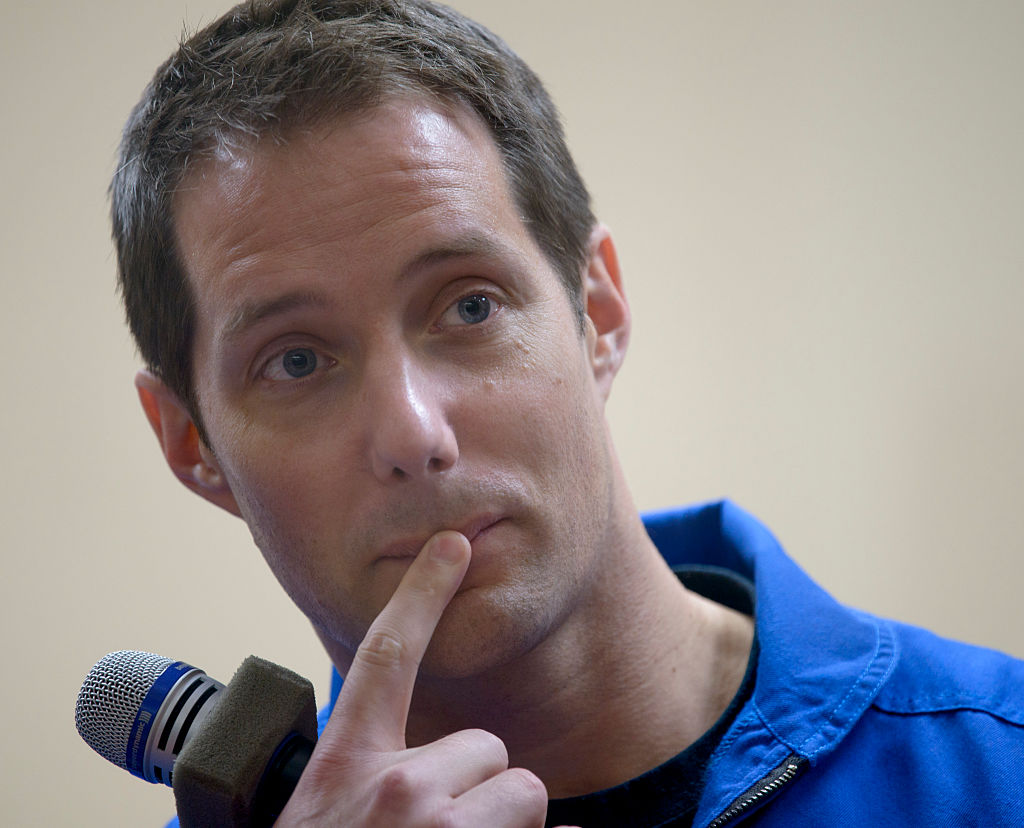
“It means that Europe has its place in this adventure,” he added.
The UK’s economy and security will benefit from a new £1.7 billion (€1.9 billion) investment package in ESA programmes, according to the British Government yesterday.
Another is the X-ray telescope NewAthena, which would study extreme events in the universe such as supermassive black holes.
Building on existing commitments, the new funding increases the UK’s current level of support for ESA programmes to £2.8 billion (€3.2 billion) over the next decade (2025/26 to 2034/35), with further commitments set to be made in 2028 at the next ESA Council of Ministers.
This funding returns to UK industry and universities as contracts, supporting the development of new technologies, while putting British scientists, engineers and entrepreneurs at the forefront of global space programmes. Evaluation shows that every £1 invested in ESA returns £7.49 (€8.5) in direct benefits to the UK economy.
UK “space minister” Liz Lloyd said yesterday: “Our space sector is a key driver of our economic growth and national security, and also supports our allies in Europe and beyond.
“After these negotiations in Bremen, during what remains a challenging time for economies across Europe, we have secured backing for our priority ESA programmes, which will support thousands of jobs, greater resilience and cutting-edge science and technology across the UK.”
The new commitments include a record £162 million (€184.9 million) for launch programmes, including the European Launcher Challenge.
A UK Government statement yesterday said: “This initiative is designed to improve access to space by opening up the European market to commercial operators, increasing resilience and driving down the cost of launching the satellites that deliver services like communications, navigation and weather forecasting.
“This commitment supports the aim of securing assured access to space for the UK, enhancing our national security in an uncertain world, and ensuring the UK benefits from the fast-growing global space market, which makes an outsized contribution to our economy.
“Through these initiatives, the government will continue to work with launch companies that can deliver our assured access objectives, and develop and strengthen existing partnerships with NATO and European allies,” it said.
The UK-led Vigil mission to monitor and forecast dangerous space weather, in partnership with the US, will proceed, with a new £131 million (€149.5 million) commitment from the UK and significant support from European partners.
Space weather – which generated displays of the Northern Lights over parts of the UK earlier in November – can disrupt vital technology on Earth and in space.
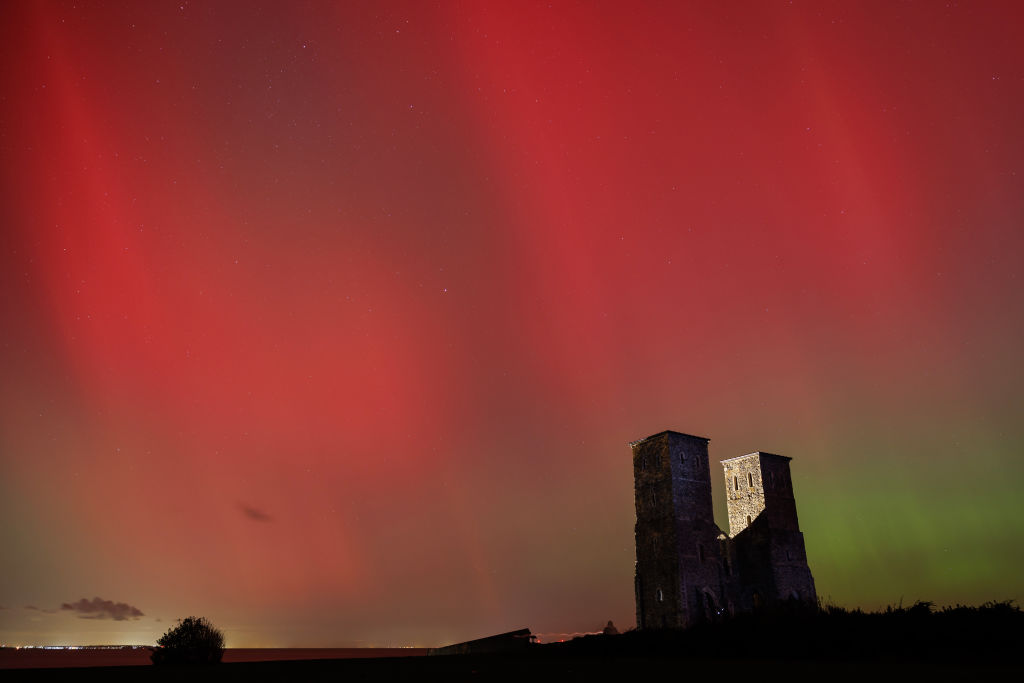
“These rare but extreme events risk impacting our daily lives, damaging power grids, satellites, and satellite navigation and timing signals used by emergency services,” the UK statement said.
“Vigil will improve forecasting of solar storms to help manage these risks and protect national security.”





